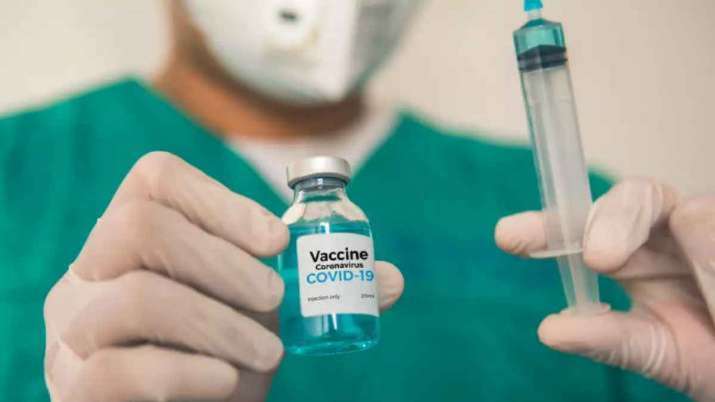China has been projecting itself as the front-runner in the Covid vaccine race but has now gone in for a deal to buy the Pfizer BioNtech vaccine from Germany for its own use which shows that the dragon is not as confident in its home-made product as it would have others believe. Beijing had launched aggressive vaccine diplomacy to woo ASEAN, Brazil and Mexico as part of its campaign to increase its influence worldwide.
However, countries in the ASEAN bloc have turned away from the offer and signed deals for the Pfizer vaccine instead since there is no transparency in the development of the Chinese vaccine as is the case with much else in the country. ASEAN members Thailand, the Philippines and Malaysia have finalised deals for procuring COVID-19 vaccines from US pharma giant Pfizer and Britain’s AstraZeneca which also has a collaboration with Pune-based Serum Institute of India.
Brazil and Taiwan have also raised questions over the Chinese vaccine candidates. The fact that China is now sourcing 100 million doses of the Covid-19 vaccine from German company BioNtech for its own use only goes to strengthen the doubts of these countries over the Chinese vaccine candidates. Shanghai Fosun Pharmaceutical Group of China said on Wednesday that its subsidiary has entered into an agreement with the German firm aimed at ensuring "an adequate supply" of vaccines in China.
The company will make an initial payment $152 million this month for 50 million doses while another $152 million would be paid after receiving authorisation to commercialise the German vaccine in mainland China. China’s vaccine has also been questioned in Brazil where it is undergoing trials. Brazilian health regulator Anvisa had said on Monday that the Chinese health authorities had not been transparent about their experimental Covid-19 vaccines, one of which is currently being tested in Sao Paulo.
The health regulator pointed out that while the vaccine has had an emergency use authorization in China since June, the country’s authorities have not been transparent about the criteria used for granting this authorization. Doubts over the Chinese vaccine were earlier raised when Taiwan made it very clear that it would not buy COVID vaccines manufactured by mainland companies due to safety and regulatory concerns.
According to reports in Taiwanese media, Chen Shih-Chung, head of the Central Epidemic Command Center, said the reasons for the decision include the questionable quality of Chinese vaccines and production processes, which have both been a source of safety concerns.
He had denied allegations that Taiwan was putting ideology before public health by not seeking Chinese vaccines. Chou Jih-haw, who sits on Taiwan’s coronavirus task force, added that China is infamous for its inoculation history of flawed vaccine management and administration. Scandals have surfaced in China over the years, including over the use of expired polio vaccines in 2019, which led to adverse effects, and hepatitis B vaccines associated with a string of deaths in 2013.
Communist China has been divulging very little about its vaccine development programme to the outside world. Even without final approval, more than 1 million healthcare workers and others who are seen as facing a high risk of infection in China have received experimental vaccines under emergency use permission. But the developer has yet to disclose how effective their vaccines are and the possible side effects that they may have.
Health experts also question why China is using experimental vaccines on such a vast scale now that the coronavirus outbreak is largely under control in the country. Pfizer and BioNTech's mRNA vaccine has already been approved for emergency use in countries such as the US, the UK and Singapore. The vaccine uses cutting-edge technology to create synthetic versions of coronavirus molecules called messenger RNA which when injected in the human body trigger immune reactions to the virus.
“As many as 30 years of painstaking research has gone into mRNA vaccine technology which is now being brought to the threshold of actually working for the first time. China thrives on copycat technology and would also be looking at reverse-engineering the vaccine,” a senior AIIMS doctor told Indianarrative.com.




















